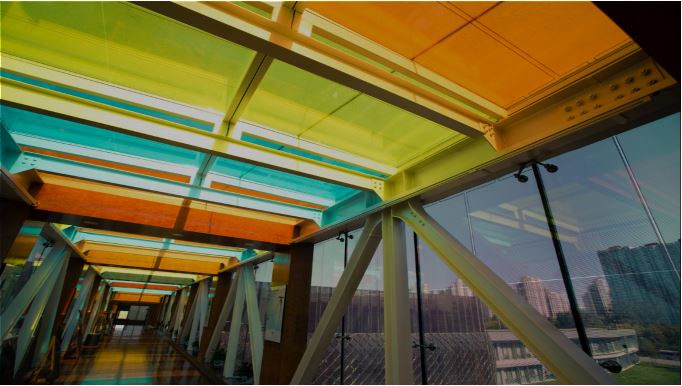What is Radiation-resistant glass?
Radiation-resistant glass is a specialized type of glass that is designed to mitigate the risks associated with radiation exposure. Radiation poses significant dangers to human well-being, making it crucial to employ effective protective measures. This article explores the concept of radiation-resistant glass, delves into the potential hazards of radiation, and highlights how installing radiation-resistant glass can help mitigate these risks.
Understanding Radiation and Its Hazards:
Radiation refers to the emission of energy in the form of waves or particles. While radiation occurs naturally in the environment, human activities and technological advancements have introduced additional sources of radiation, such as nuclear power plants, medical facilities, and industrial applications. Exposure to excessive radiation can have detrimental effects on human health, including:
Ionizing Radiation: Ionizing radiation possesses enough energy to remove tightly bound electrons from atoms, leading to the formation of charged particles called ions. This type of radiation includes gamma rays, X-rays, and high-energy particles. Prolonged exposure to ionizing radiation can damage cells, DNA, and other vital biological structures, potentially causing acute radiation sickness, cancer, or genetic mutations.
Non-Ionizing Radiation: Non-ionizing radiation has lower energy levels than ionizing radiation, and it does not have enough energy to ionize atoms or molecules. Examples of non-ionizing radiation include ultraviolet (UV) rays, radio waves, and microwaves. While non-ionizing radiation is generally considered less harmful than ionizing radiation, prolonged and intense exposure to certain types, such as UV rays, can increase the risk of skin cancer and other health issues.
Mitigating Radiation Risks with Radiation-Resistant Glass:
Radiation-resistant glass serves as a crucial protective barrier against the harmful effects of radiation. Here are some key ways in which this specialized glass can mitigate radiation risks:
Shielding Properties: Radiation-resistant glass is designed to absorb, reflect, and attenuate radiation, acting as an effective shield against both ionizing and non-ionizing radiation. The composition and thickness of the glass are optimized to provide maximum protection while maintaining transparency.
Lead and Other Heavy Metals: Radiation-resistant glass often incorporates materials with high atomic numbers, such as lead or other heavy metals, into its composition. These elements are effective in blocking and absorbing radiation, significantly reducing its penetration through the glass.
Energy Absorption: Radiation-resistant glass is engineered to absorb and dissipate the energy of incoming radiation. This process minimizes the transmission of radiation and reduces the potential for harmful exposure.
Customized Solutions: Radiation-resistant glass can be tailored to meet specific radiation protection requirements, considering factors such as the type of radiation, intensity, and duration of exposure. Customization options allow architects and designers to integrate radiation-resistant glass seamlessly into various applications, including medical facilities, research labs, and nuclear power plants.
Visual Transparency: Despite its radiation-shielding properties, radiation-resistant glass maintains high levels of optical transparency. This enables natural light to pass through, maintaining a bright and visually appealing environment while providing essential protection against radiation.
Radiation exposure poses significant risks to human well-being, and implementing effective protective measures is paramount. Radiation-resistant glass offers a viable solution by acting as a shield against both ionizing and non-ionizing radiation. By utilizing its specialized properties, including shielding capabilities, energy absorption, and the incorporation of heavy metals, radiation-resistant glass mitigates the risks associated with radiation exposure. Architects, designers, and professionals in fields such as healthcare, research, and nuclear industries can benefit from integrating radiation-resistant glass into their facilities, ensuring a safe and secure environment while maintaining visual transparency.
Where to get the Radiation resistance glass?
FG Glass is the ideal partner when it comes to selecting radiation-resistant glass. With their expertise and commitment to quality, FG Glass offers a range of radiation shielding solutions, including their product Radishield. FG Glass understands the critical importance of radiation protection and provides customized options that meet specific requirements. Radishield offers excellent shielding properties against ionizing radiation, ensuring the safety and well-being of occupants. With their extensive knowledge, technical support, and high-quality products, FG Glass stands as a trusted resource for architects, designers, and professionals seeking reliable radiation-resistant glass solutions. Visit their website at fgglass.com/product/security/radishield to explore their offerings and benefit from their expertise in radiation protection.

You might also like
Feb 21, 2022 by TARIQ KACHWALA
Feb 21, 2022 by TARIQ KACHWALA
Feb 23, 2022 by TARIQ KACHWALA









